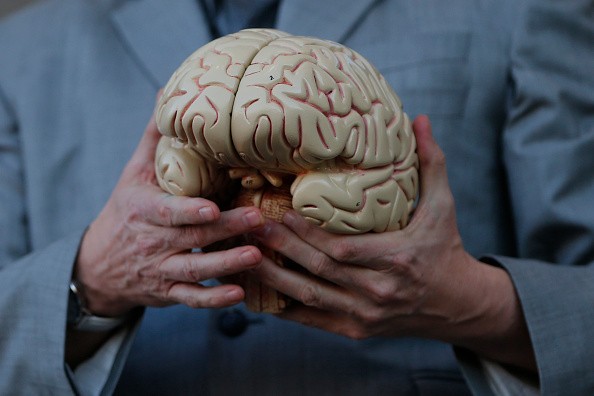The former Neuralink executive and co-founder, Dr. Benjamin Rapoport, recently revealed the reason behind leaving the company and his former partner, Elon Musk.
Dr. Rapoport revealed that it has something to do with "safety," revealing that there are many factors behind this field of medicine and technology, with the little actions done on the brain that may lead to drastic problems.
Dr. Rapoport left Neuralink in 2018, two years after it was founded with Musk, and is known for starting his company, Precision Neuroscience in 2021.
Neuralink Co-Founder Reveals 'Safety' Concerns are the Reason for Leaving

The latest episode of Wall Street Journal's The Future of Everything podcast featured Dr. Benjamin Rapoport and the hosts went as far as to ask him about the reason behind why he left Neuralink after founding it.
"I've pretty much devoted my entire professional life to bringing neural interfaces from the world of science to the world of medicine. But I felt that to move to the world of medicine and technology, safety is paramount," Dr. Benjamin Rapaport, Neuralink Co-Founder (via WSJ's Podcast)
In Neuralink's case, the implant from the PRIME Study, a.k.a. the N1 Implant, is an intracortical BCI implant that records neural activity via its electrodes spread out on its threads. The company uses a surgical robot to implant it, as it was designed not to be manipulated by a human.
This inserts the threads in the cortex, meaning it is mildly invasive for the patient.
Rapoport's Focus on Safety for Brain Implants
Dr. Rapoport argued that while safety means "minimal invasiveness," this still leads to "some amount of brain damage," a hitch in this method.
Moreover, Dr. Rapoport revealed via the interview that it is possible to extract brain data and avoid damaging the organ responsible for all functions.
The co-founder claimed that Neuralink's technology focuses on "penetrating" microelectrodes and said that Precision Neuroscience differs from its "surface" microelectrodes, which do not need to be inserted.
Elon Musk, Neuralink's Safety Issues
Throughout the years, Neuralink's technology and how it proposes to administer the brain chip to help humans improve their computing power and possibly help them move again is also known for the massive concerns behind it.
Various experts and scientists have expressed alarm over Musk's renowned technology, but it still pushed through despite this.
It is also widely known that before the human trials began, Elon Musk and Neuralink faced massive controversies behind their animal testing phase, with many protestors speaking out against their practices.
It went as far as Musk and Neuralink facing federal proof behind the animal test subjects' welfare during these clinical trials, with several cases of deaths recorded.
That being said, Neuralink got its green light for its human administration of the brain chip, which it introduced earlier this year to a paraplegic, saying that the implant already helped his case.
Nevertheless, Neuralink may be thriving now, but this does not change anything for Dr. Rapaport, who left the company and decided to start his own neuroscience company, focusing on his ideals in medicinal experimentation.
Related Article : New Non-Invasive Brain-Computer Interface Enables Thought-Controlled Object Manipulation

ⓒ 2026 TECHTIMES.com All rights reserved. Do not reproduce without permission.




